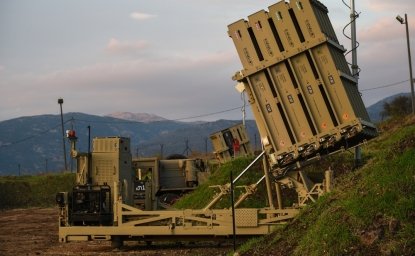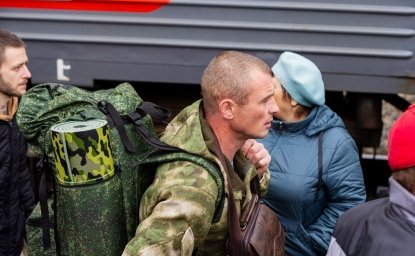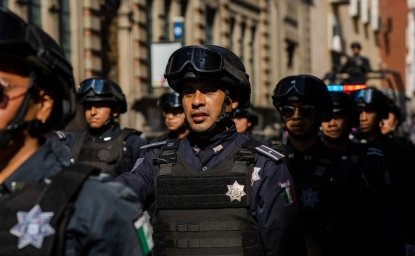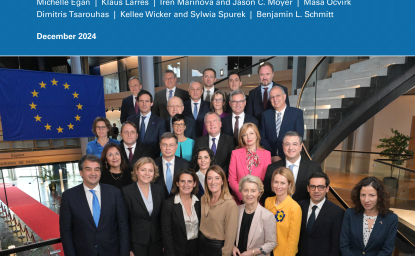On July 31, following several false starts, U.S. Secretary of State John Kerry arrived in Islamabad for meetings with Pakistan's political and military leadership. And while the visit comes at a turbulent time for Pakistan -- on the heels of a massive jail break in Dera Ismail Khan that saw more than 300 prisoners escape, including at least 25 members of the Pakistani Taliban (TTP) and militant Lashkar-e-Jhangvi group -- it also comes at a time when U.S.-Pakistan relations have been remarkably cordial.
Pakistan's May election, in which the country completed its first democratic transfer of power, appears to have put both capitals in a good mood. Shortly after his electoral triumph, Nawaz Sharif received a congratulatory call from President Barack Obama. Since then, Washington has announced new investments in Pakistan's troubled energy sector, and Sharif has responded by promising to help facilitate America's withdrawal from Afghanistan and by vowing to cooperate on counterterrorism.
The goodwill has lasted since then, allowing for the resurrection of several moribund cooperative initiatives between Washington and Islamabad. For example, the U.S. ambassador to Pakistan, Richard Olson, has stated his desire to re-launch the Strategic Dialogue -- broad-based talks on non-security issues that have been grounded for several years. Meanwhile, on July 16, Pakistan's finance minister, Ishaq Dar, indicated that talks will soon resume on a bilateral investment treaty between the two countries. These negotiations have occurred fitfully since 2005, but hit snags in more recent years.
Read the full article on ForeignPolicy.com.





